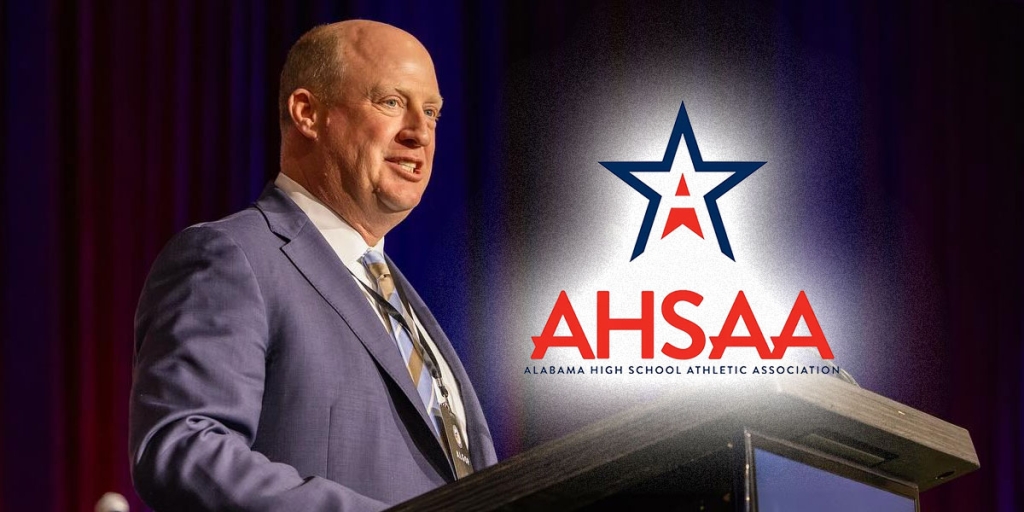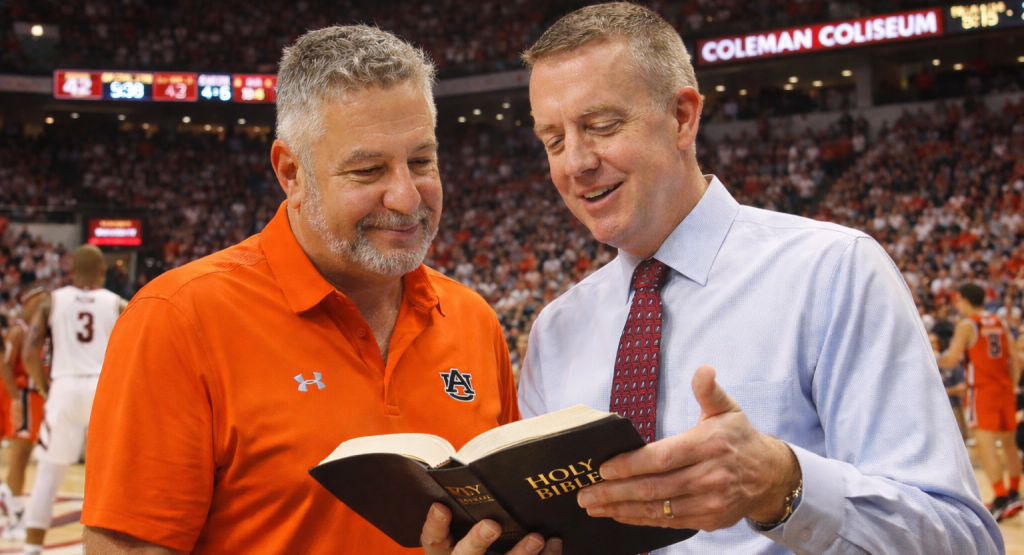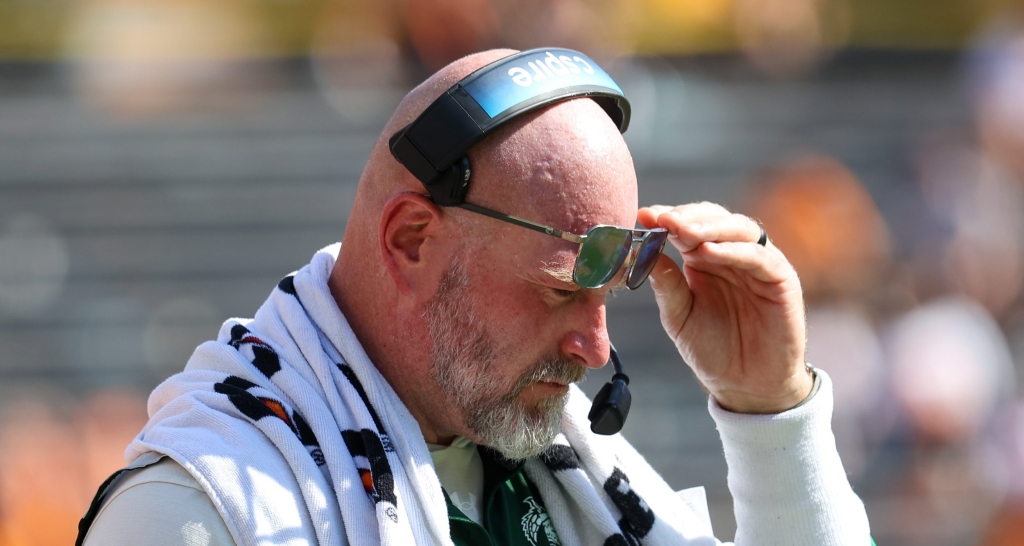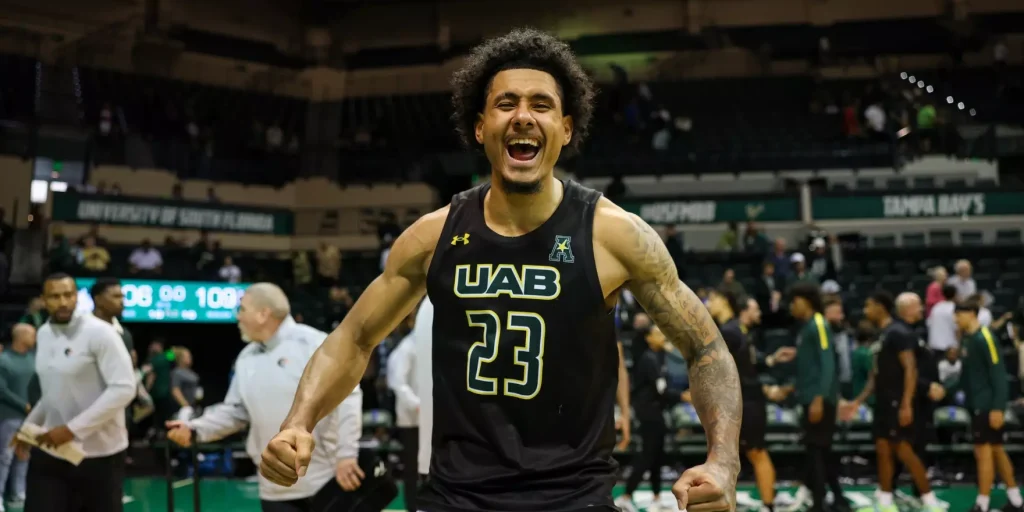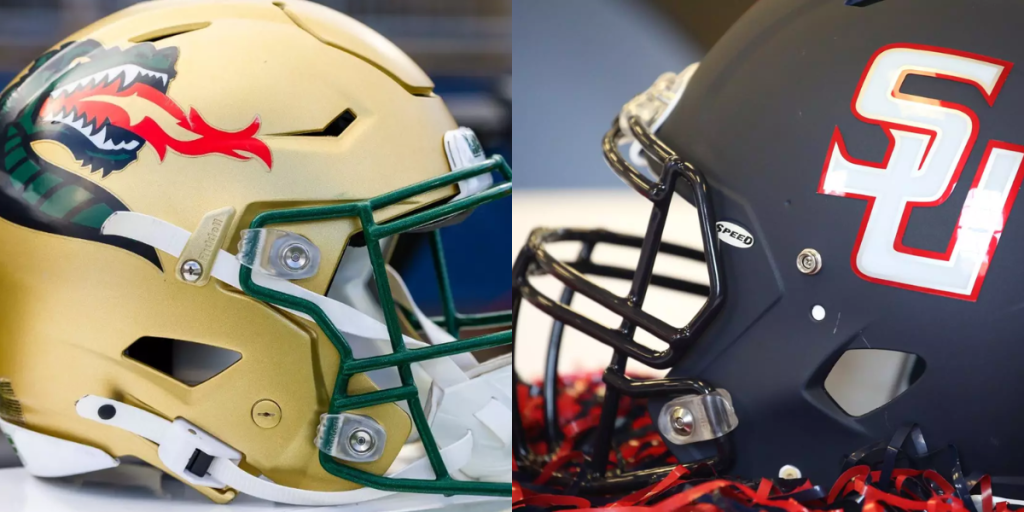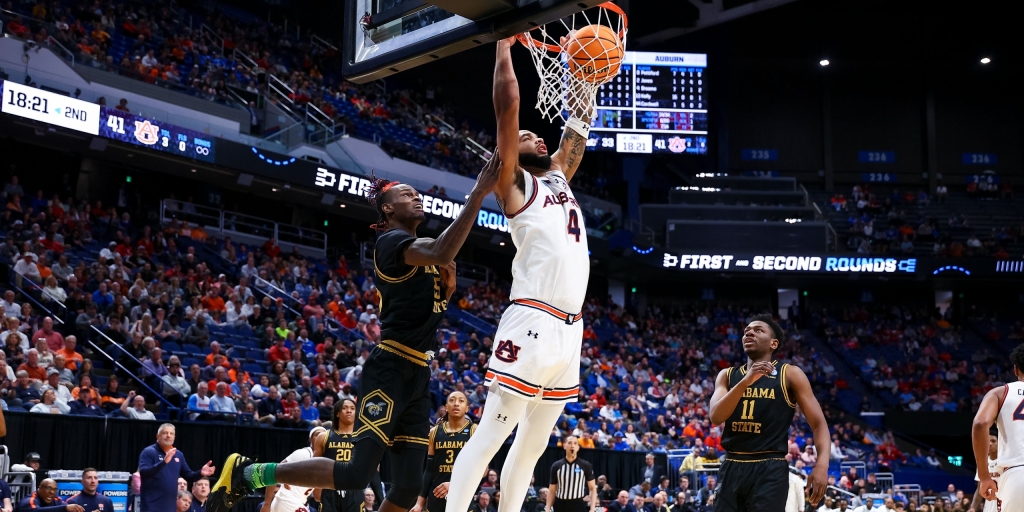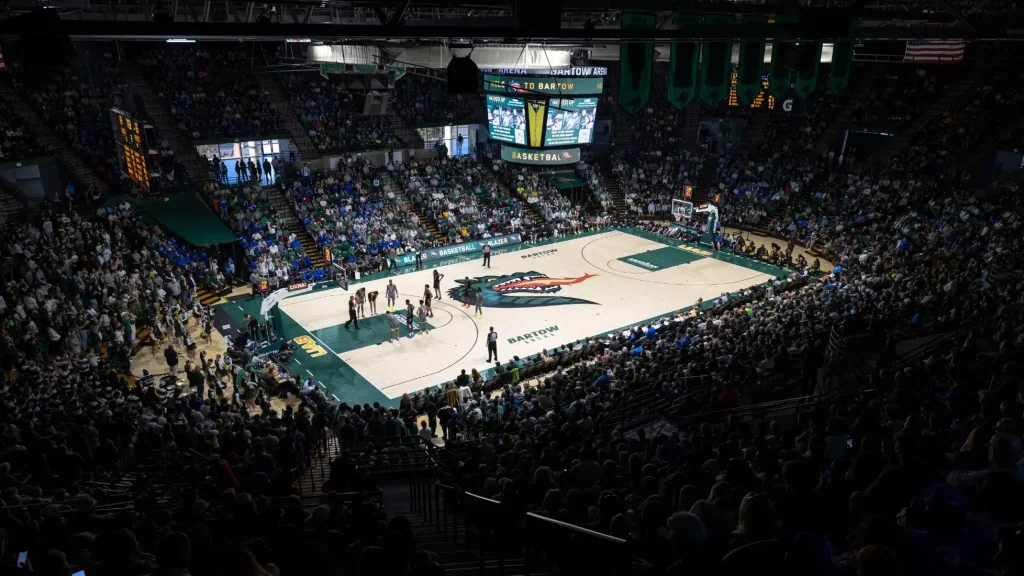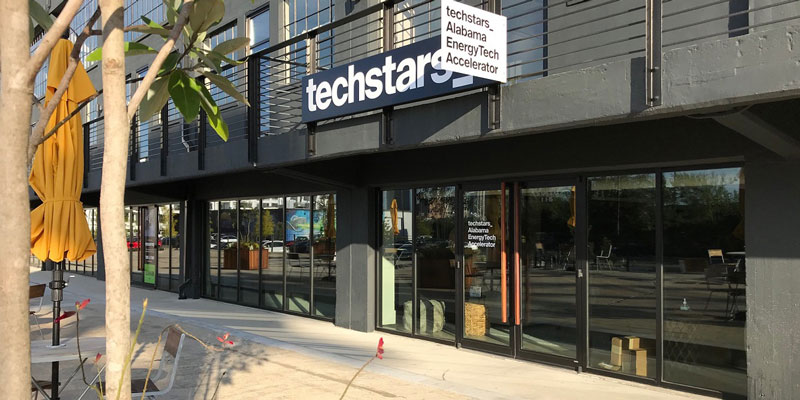Sara Gould is in the bubble. A sports medicine physician in the UAB School of Medicine and with Children’s of Alabama, Gould has been working with the National Basketball Association in the Orlando “bubble” since July 12.
“I’ve been involved with the NBA since 2013, doing some consulting and event medicine for the league at various locations in the United States and around the world,” said Dr. Gould, an associate professor in the Department of Orthopaedic Surgery. “Early in my career I did a fellowship in sports medicine in New York, which led to connections with the NBA.”
Gould points out that her affiliation is with the NBA, not the individual teams. Her role is to help manage the overall medical response in the bubble, where players are quarantined, whether that means coordinating transportation of an injured player or arranging for imaging such as MRIs or X-rays. One of the most important roles that she and her colleagues play is to help the league manage response to the pandemic.
“There is daily testing for all persons in the bubble, and our team assesses those results to be sure we are maintaining a safe environment,” she said. “We meet throughout the day to consult on injuries, manage movement in and out of the bubble, conduct contact tracing and follow the latest medical information on testing and exposure.”
Globe trotting
Gould is part of a large group of sports medicine physicians connected to the NBA, many of whom, like Gould, are on the faculty of academic medical institutions. The league’s medical director assembles teams of health care providers from that pool for sponsored events worldwide. Gould has covered NBA events in Africa, Asia, Europe and the United States.
“I’ve traveled to China with the NBA eight or nine times to provide event medicine at NBA Global Games, which are global exhibition games.” she said. “Sports are an excellent way to bring people together in ways that strengthen our connections to each other.”
When the whistle blows
She gets to sit on the edge of the court, monitoring the events. When all goes well, she gets to watch a great game. When there are issues, she helps coordinate the response.
“The team trainers are the first to respond, and they will summon the team doctors to the floor if required,” Gould said. “In the event of a serious injury, every physician present will respond to offer assistance to the team’s medical staff, as needed.”
Games in the bubble are a unique experience. Sitting in the stands with no spectators except league employees, Gould said she can hear the squeak of sneakers on the court at times. The stands are filled with virtual spectators, broadcast on screens behind the court, which seems oddly fitting in a world that has largely moved to a virtual setting.
Racial equality
The concept of social justice is at the forefront in the bubble.
“The NBA is committed to racial equality and social justice and is working hard to promote these concepts,” Gould said. “I had a decision to make the first time they played the national anthem. Some of my patients at home are veterans. Some of my patients are Black, and some are Black veterans. I’m neither a veteran nor Black, so I struggled with my desire to be respectful to our veterans and also to acknowledge social injustice.”
Ultimately, she knelt and put her hand over her heart in an attempt to demonstrate respect for both the flag and social justice.
Life in the bubble
Gould’s time in the bubble will last until the end of September. While she misses family, friends and colleagues at UAB, she is excited to be part of the NBA season. Plus, she’s living at Disney.
“It incredible. I mean, I’m in a bubble in Walt Disney World. It’s like being on a cruise ship,” she said. “Unlimited food at the buffet, exercise facilities, nice accommodations.”
She said the worst part is being away from family, but she connects with those at home two or three times a day via FaceTime.
The work is exciting. She’s getting a firsthand look at managing a pandemic, along with the opportunity to discuss medicine, science and disease management with top academic physicians and researchers around the nation.
“From the scientific perspective, this is important work, as seeing how events play out in an enclosed environment is fascinating,” she said. “And what we are learning is that masking and testing work. This proves it. The strategies in the bubble are showing how we can control the pandemic. If we could get everyone to do the right thing in terms of masking, distancing and exposure, we could slow this pandemic.”
This story originally appeared on the UAB News website.
(Courtesy of Alabama NewsCenter)





